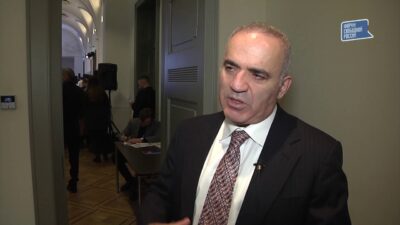On Wednesday, Frunzenski district court ended hearing the case of political prisoner Dzmitry Kubarau. The young designer was arrested on August, 11.
According to the prosecutors’ version, Kubarau repeatedly called on people to take an active part in the post-election protests, played a hand in organising ‘mass riots’ and participated in them. In addition, he ‘had an intention’ to make Molotov cocktails, they stressed.
Dzmitry Kubarau pleaded not guilty in court; he says security officers tortured him after the detention.
Judge Dzmitry Lukashevich found the defendant guilty under Article 293-1 of the Criminal Code (‘organisation of mass riots’) and sentenced him to seven years of imprisonment in a medium-secrity penal colony. The public prosecution was represented by prosecutor assistant Alina Kasyanchyk who gained notoriety in the course of the trial of Belsat TV journalists Katsyaryna Andreeva and Darya Chultsova.
On 9 August, the large-scale protests started in the country on the back of announcing the preliminary results of the 2020 presidential election; the major demands of Belarusians were Alyaksndr Lukashenka’s resignation; holding a free and fair election; releasing political prisoners; putting an end to police violence as well as bringing to justice those involved in battering and torturing peaceful demonstrators. There are at least seven death cases that are linked to the post-election protests. By the moment, 299 persons have been recognised as political prisoners by the Belarusian human rights community.
Several thousand detainees filed complaints against police officers’ illegal actions to the Investigative Committee. However, not a single criminal case has been opened over the citizens’ appeals.



